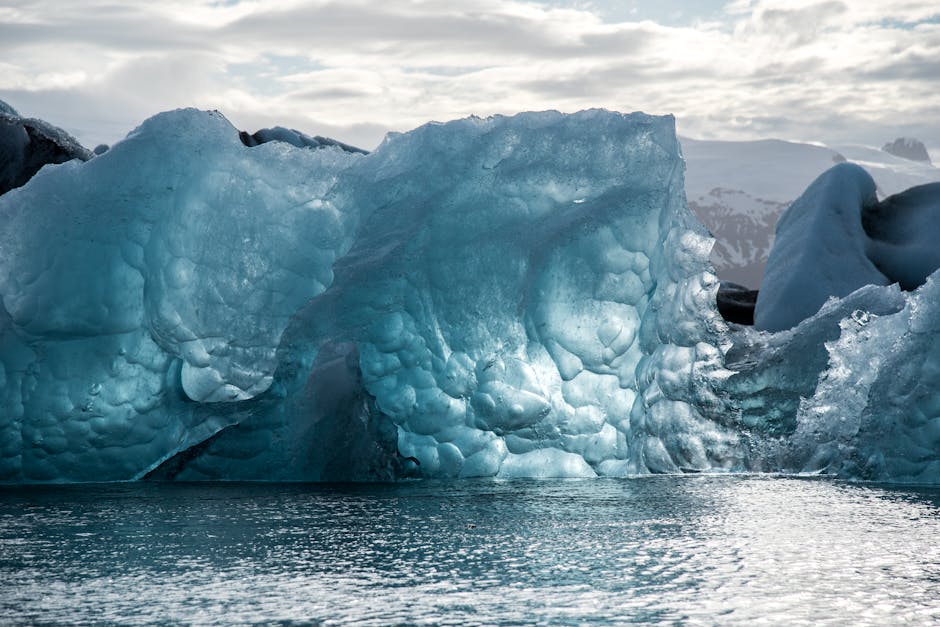As I gaze out my window at the rapidly changing landscape, I can't help but feel a sense of unease. The once-familiar streets are now lined with barren trees, the air is hazy with smog, and the weather patterns seem increasingly erratic. It's a stark reminder of the devastating effects of global warming, a crisis that is already having a profound impact on our planet and our lives.
Anthropogenic activities, primarily the burning of fossil fuels, have released vast amounts of greenhouse gases into the atmosphere, trapping heat and causing global temperatures to rise. This warming has triggered a cascade of catastrophic consequences, including rising sea levels, increasingly extreme weather events, and the destruction of countless ecosystems.
The melting of glaciers and polar ice caps is causing sea levels to rise at an alarming rate. Coastal communities around the world are facing the threat of inundation, forcing residents to abandon their homes and livelihoods. Moreover, as the oceans warm, they become more acidic, posing a serious threat to marine life.
Extreme weather events, such as hurricanes, floods, and droughts, are becoming more frequent and intense due to global warming. These events can cause widespread devastation, displacing communities, destroying infrastructure, and claiming countless lives. In recent years, we have witnessed firsthand the catastrophic consequences of these extreme events, from the devastating hurricanes that ravaged the Gulf Coast to the wildfires that have ravaged entire towns in California.
The impacts of global warming are not limited to our physical environment. Climate change is also having a significant impact on human health. Air pollution from fossil fuel combustion can cause respiratory problems, heart disease, and other illnesses. Extreme heat can lead to heatstroke, dehydration, and even death. Moreover, climate change is exacerbating food insecurity and malnutrition, as it affects crop yields and disrupts food production.
The consequences of global warming are dire, and we must act now to mitigate its effects. Transitioning to renewable energy sources, such as solar and wind power, is essential for reducing greenhouse gas emissions. We must also invest in energy efficiency measures to reduce our consumption of fossil fuels. Additionally, protecting and restoring forests and other natural carbon sinks can help absorb greenhouse gases and mitigate the impacts of climate change.
It is also crucial to adapt to the effects of global warming that are already underway. This includes investing in coastal defenses to protect communities from rising sea levels, developing early warning systems for extreme weather events, and improving our infrastructure to withstand the impacts of climate change.
Addressing global warming requires a concerted global effort. Governments, businesses, and individuals must work together to implement comprehensive solutions that will protect our planet and ensure a sustainable future for generations to come. It is imperative that we act now, before the consequences become irreversible.
The time for complacency is over. We must recognize the urgency of this crisis and take bold action to combat global warming. By working together, we can create a future where our children and grandchildren can enjoy a healthy and prosperous planet.

